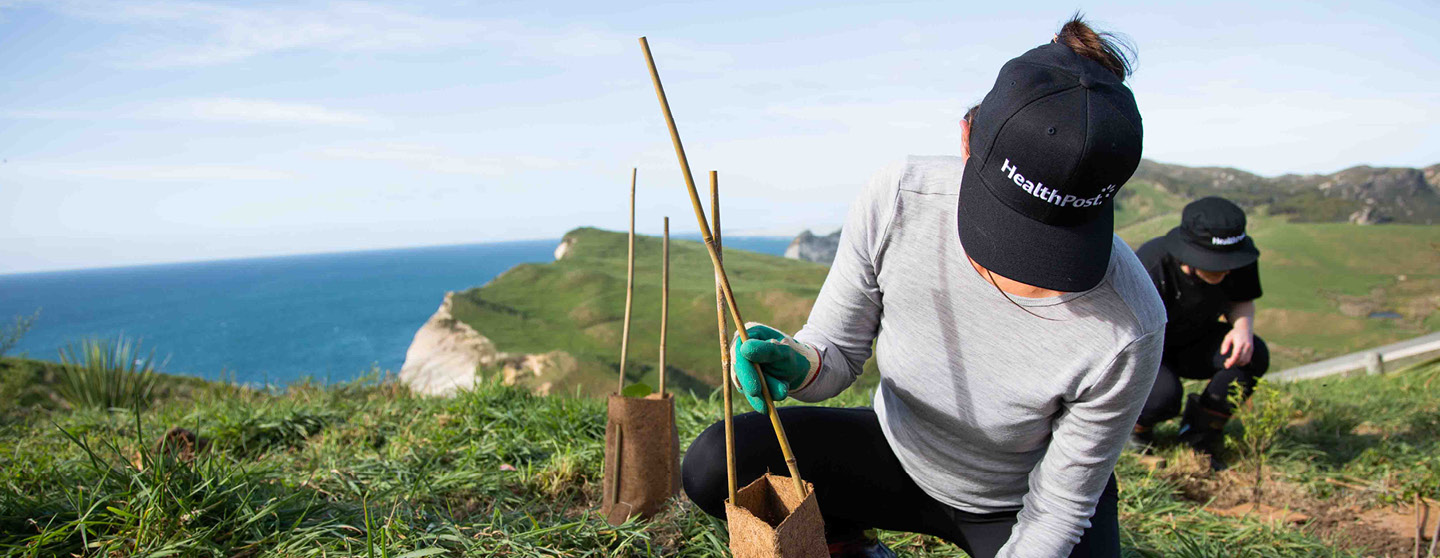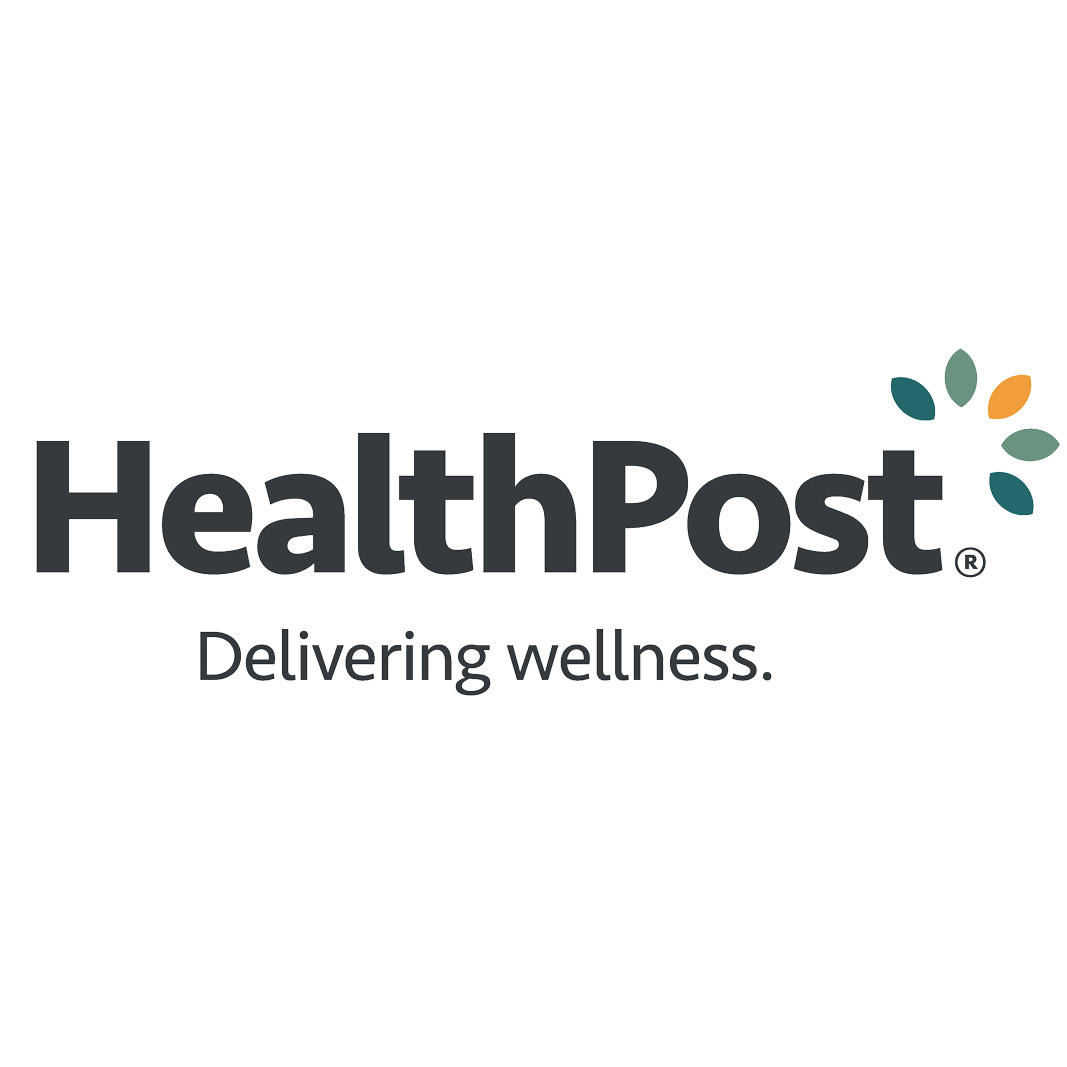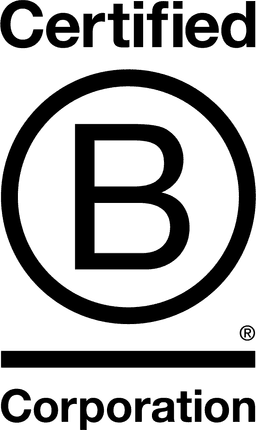

HealthPost

Tasman District, New Zealand
February 2023
General retail via Internet
Wholesale/Retail
Australia,
New Zealand
HealthPost is Aotearoa New Zealand’s largest independent online retailer of natural wellbeing with a vision to have a lasting, positive impact on people and planet. We're a family-owned Kiwi business, founded 35 years ago to help people live naturally healthy lives. And that ethos holds true today. With a dedicated team of 90+, we are the largest employer in our small community, and we naturally put people and the planet at the heart of every decision we make. As well as being B Corp certified, we are Zero Carbon (Ekos) certified. We also have our industry’s most rigorous independent product standards for quality, efficacy, transparency, and ethical business practices. Our ‘own brand’ of natural health products, BioBalance, was the first supplement brand in Australasia to become a B Corp! You can use our ‘Shop Your Way’ filter to find all the B Corps in our 6000+ product range (or filter by other social and environmental attributes you care about). We deliver on our vision to make a positive impact every day, including through our HealthPost Nature Trust, where we’ve established an Ecosanctuary for threatened species. Whether it’s caring for our customers, raising the bar in our industry, or restoring biodiversity in our backyard.
Overall B Impact Score
Governance 17.4
Governance evaluates a company's overall mission, engagement around its social/environmental impact, ethics, and transparency. This section also evaluates the ability of a company to protect their mission and formally consider stakeholders in decision making through their corporate structure (e.g. benefit corporation) or corporate governing documents.
What is this? A company with an Impact Business Model is intentionally designed to create a specific positive outcome for one of its stakeholders - such as workers, community, environment, or customers.
Workers 17.6
Workers evaluates a company’s contributions to its employees’ financial security, health & safety, wellness, career development, and engagement & satisfaction. In addition, this section recognizes business models designed to benefit workers, such as companies that are at least 40% owned by non-executive employees and those that have workforce development programs to support individuals with barriers to employment.
Community 35.0
Community evaluates a company’s engagement with and impact on the communities in which it operates, hires from, and sources from. Topics include diversity, equity & inclusion, economic impact, civic engagement, charitable giving, and supply chain management. In addition, this section recognizes business models that are designed to address specific community-oriented problems, such as poverty alleviation through fair trade sourcing or distribution via microenterprises, producer cooperative models, locally focused economic development, and formal charitable giving commitments.
What is this? A company with an Impact Business Model is intentionally designed to create a specific positive outcome for one of its stakeholders - such as workers, community, environment, or customers.
Environment 20.2
Environment evaluates a company’s overall environmental management practices as well as its impact on the air, climate, water, land, and biodiversity. This includes the direct impact of a company’s operations and, when applicable its supply chain and distribution channels. This section also recognizes companies with environmentally innovative production processes and those that sell products or services that have a positive environmental impact. Some examples might include products and services that create renewable energy, reduce consumption or waste, conserve land or wildlife, provide less toxic alternatives to the market, or educate people about environmental problems.
What is this? A company with an Impact Business Model is intentionally designed to create a specific positive outcome for one of its stakeholders - such as workers, community, environment, or customers.
Customers 3.5
Customers evaluates a company’s stewardship of its customers through the quality of its products and services, ethical marketing, data privacy and security, and feedback channels. In addition, this section recognizes products or services that are designed to address a particular social problem for or through its customers, such as health or educational products, arts & media products, serving underserved customers/clients, and services that improve the social impact of other businesses or organizations.